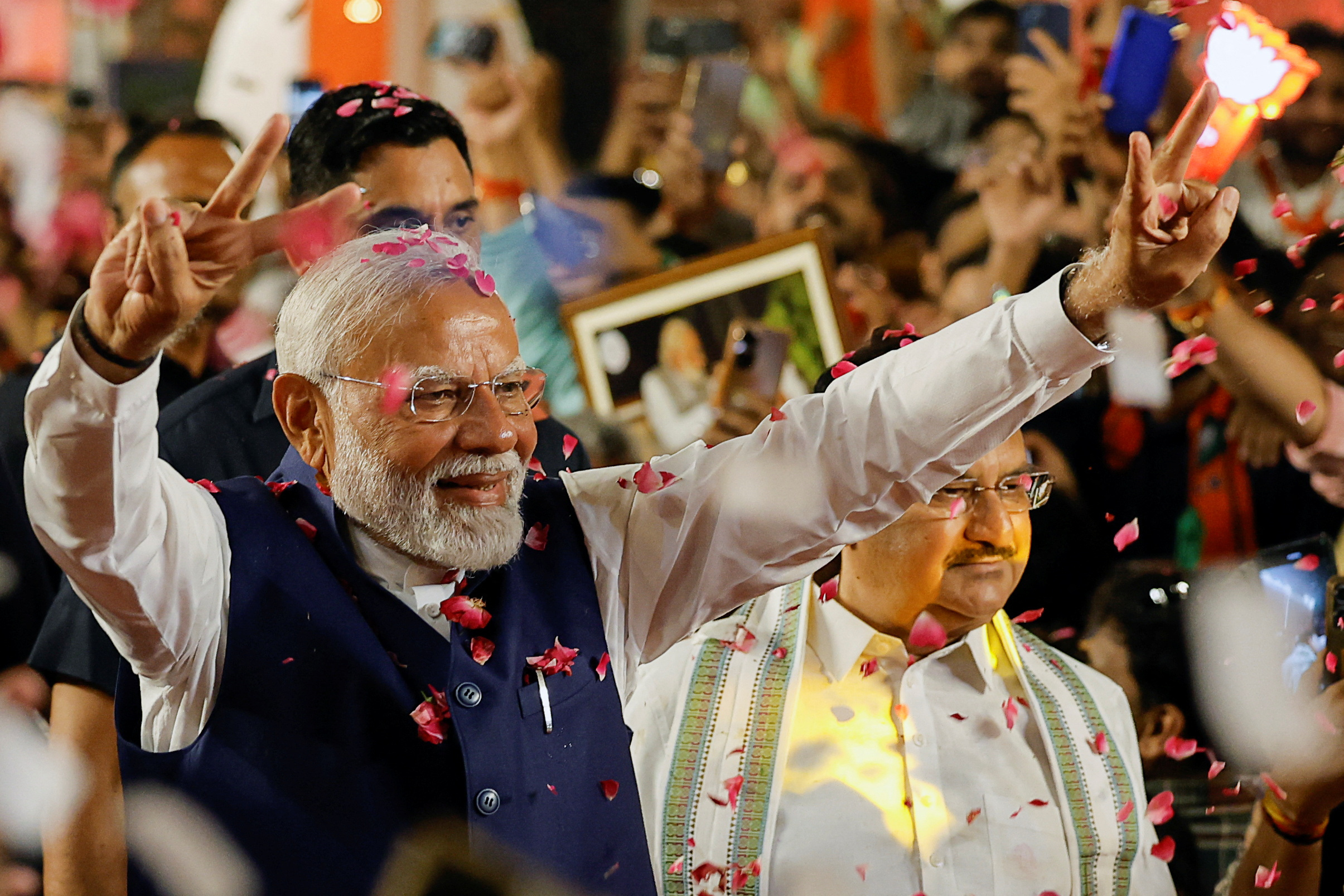Saint Kitts and Nevis, officially known as the Federation of Saint Kitts and Nevis, is a small twin-island country located in the Caribbean. Here is some information about the political system in Saint Kitts and Nevis:
- Constitutional Monarchy: Saint Kitts and Nevis is a constitutional monarchy with a parliamentary democracy. The Head of State is the British monarch, represented by a Governor-General, who acts as the ceremonial figurehead. The Governor-General is appointed by the monarch on the advice of the Prime Minister.
- Executive Branch: The Prime Minister is the head of government in Saint Kitts and Nevis. The Prime Minister is the leader of the political party that commands the majority in the National Assembly. The Prime Minister is responsible for the day-to-day administration of the government and appoints the Cabinet, consisting of ministers who oversee various government departments.
- Legislative Branch: The National Assembly is the unicameral legislature of Saint Kitts and Nevis. It consists of 15 members known as Representatives. Eleven Representatives are elected by popular vote from single-member constituencies, while four Representatives are appointed by the Governor-General, two on the advice of the Prime Minister and two on the advice of the Leader of the Opposition.
- Political Parties: Saint Kitts and Nevis has a multi-party system, with two major political parties: the St. Kitts-Nevis Labour Party and the People’s Action Movement. There are also other smaller political parties and independent candidates who participate in elections.
- Judiciary: The judiciary in Saint Kitts and Nevis is independent of the executive and legislative branches. The Eastern Caribbean Supreme Court is the highest court of appeal in the country, with its headquarters in Saint Lucia. The Court of Appeal and the High Court operate within the Eastern Caribbean Supreme Court system.
- Local Government: Saint Kitts and Nevis is divided into 14 parishes, each with its own local government known as a Parish Council. The Parish Councils are responsible for local administration and community development within their respective jurisdictions.



